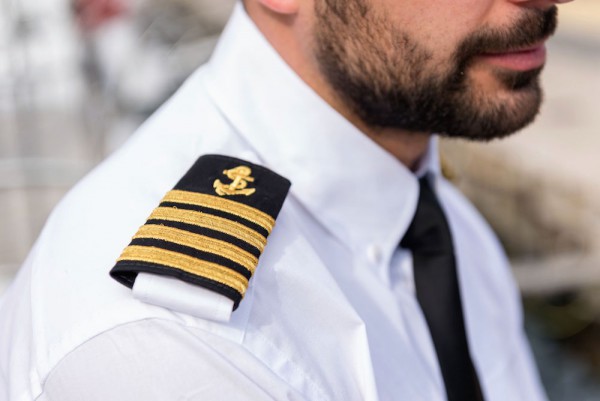Superyacht captains versus managers
How has the yacht captain-manager relationship evolved alongside the ever-changing regulatory sphere?
For much time, the long-standing turf war between captains and managers has been discussed, but with little focus on the reasons behind the sometimes fraught relationship between the two and, sadly, as is so familiar in our industry, with few solutions proposed.
In the next issue of The Superyacht Report – issue 177 – we look to understand why this relationship has been so tricky to manage in the past, and what this means for the future, in the context of our ever-evolving industry.
Those who have spent longer at the helm of superyachts do, perhaps, have good reason for experiencing a problematic dialogue with management in the past, as Glen Allen, captain of Fleet Miami, succinctly highlights: “Before the fleet got so much bigger in size, and regulations so much stricter, owners had only one ‘go-to’ person, and that was the captain.” But Allen points to what he calls an “explosion” a few years ago, where more management companies and divisions were popping up across the landscape of our industry.
Nowadays, however, the complex regulatory sphere that surrounds yachting means that, particularly for commercially-flagged vessels, working without management is, for many, near impossible. John Rosatti, owner of Double Down, admitted that he nearly sold his yacht after trying to manage it himself – “We couldn’t keep up with it. It’s a big job … you need a management company for a boat this size [65m]” (read the interview in issue 176 of The Superyacht Report).
James Archer, captain of 49.4m Te Manu, elaborates. “We operate in such a complex regulatory environment these days, so it’s fundamental that we are efficiently assisted by shore-based support.” And his use of the word “we” is key, and points to an interesting suggestion by Tom Leyland, ex-superyacht captain and current operations director at West Nautical. Leyland believes the owners shouldn’t be the clients of the managers – instead, it should be the captains. “I think that the best client for a yacht management company is the captain, because communication is key in this relationship. The owner should trust his captain in making these decisions.”
The argument for and against yacht management has, by necessity, evolved over the years, in the context of increasing regulation. However, with more management companies appearing, to cater for these needs, understanding what makes the most constructive and efficient relationship is key.
Felix Sowerbutts goes into detail on the changing nature of the captain-manager relationship in issue 177 of The Superyacht Report. Subscribe, and receive your copy, here.
Profile links
NEW: Sign up for SuperyachtNewsweek!
Get the latest weekly news, in-depth reports, intelligence, and strategic insights, delivered directly from The Superyacht Group's editors and market analysts.
Stay at the forefront of the superyacht industry with SuperyachtNewsweek
Click here to become part of The Superyacht Group community, and join us in our mission to make this industry accessible to all, and prosperous for the long-term. We are offering access to the superyacht industry’s most comprehensive and longstanding archive of business-critical information, as well as a comprehensive, real-time superyacht fleet database, for just £10 per month, because we are One Industry with One Mission. Sign up here.
Related news
-copy-2.jpg)
Give owners the space they deserve
Our task as an industry is, where possible, to make the ownership experience as smooth and as simple as can be reasonably expected. That does not include bombar
Owner
Related news
Give owners the space they deserve
8 years ago
NEW: Sign up for
SuperyachtNewsweek!
Get the latest weekly news, in-depth reports, intelligence, and strategic insights, delivered directly from The Superyacht Group's editors and market analysts.
Stay at the forefront of the superyacht industry with SuperyachtNewsweek




